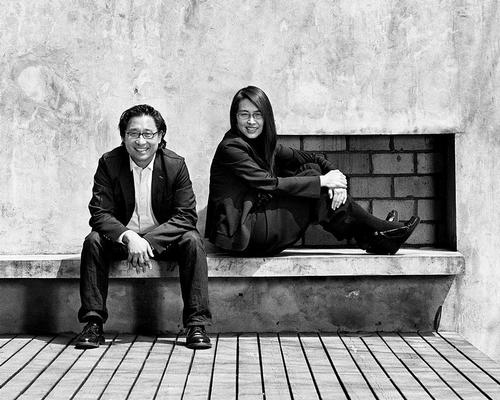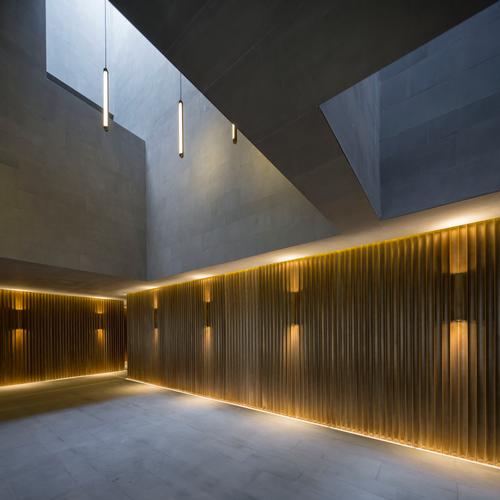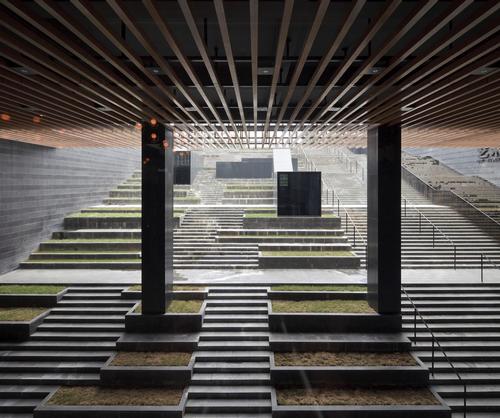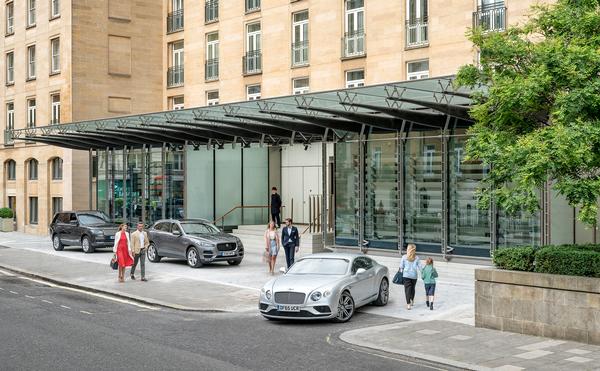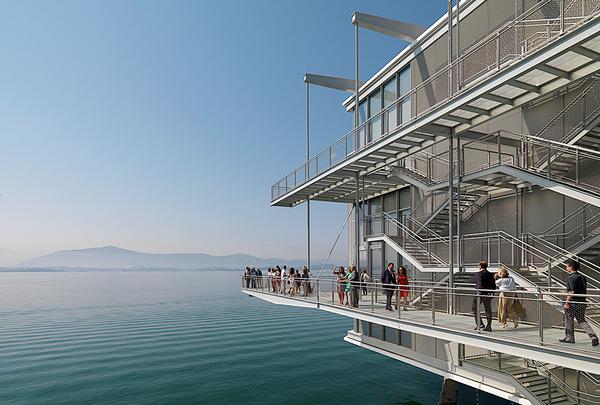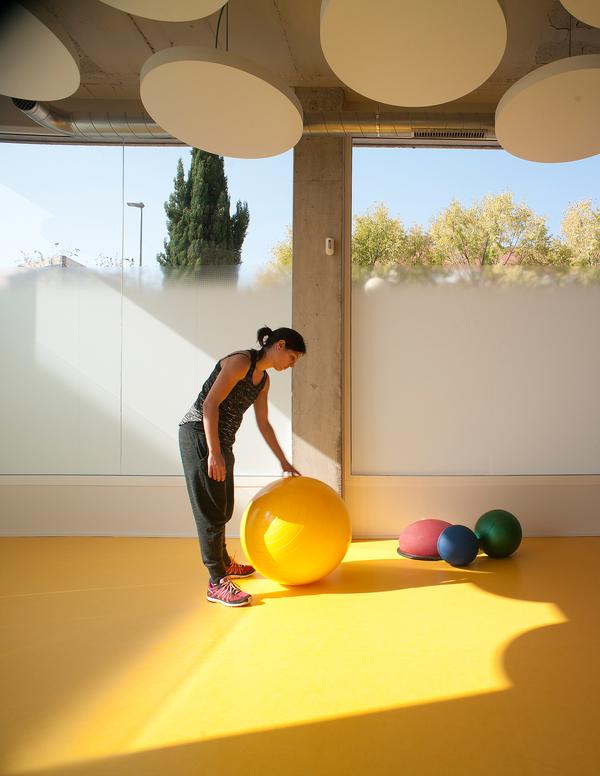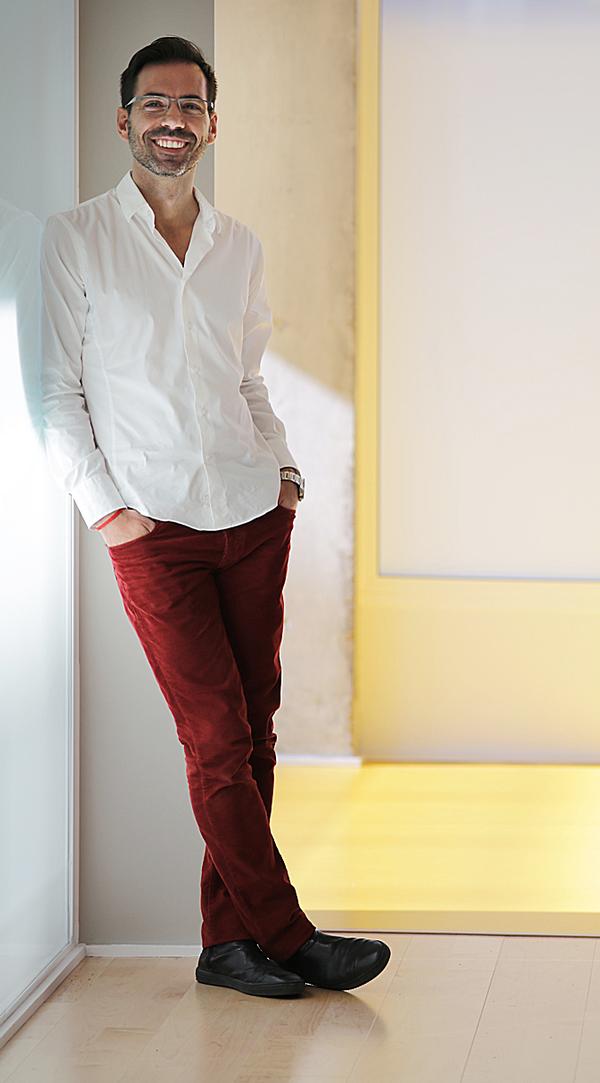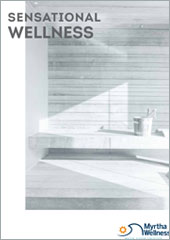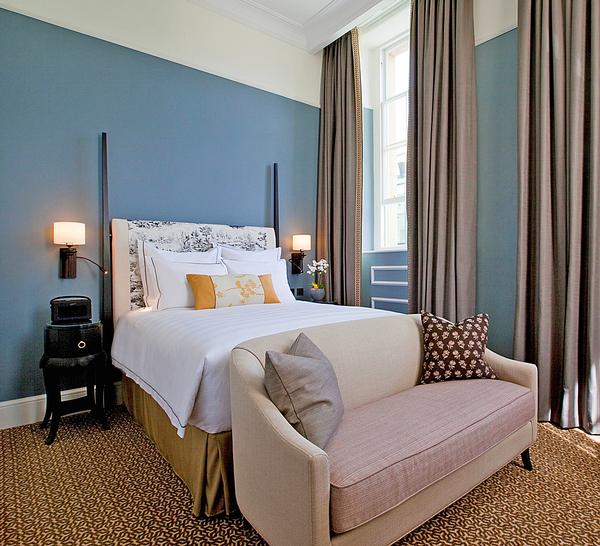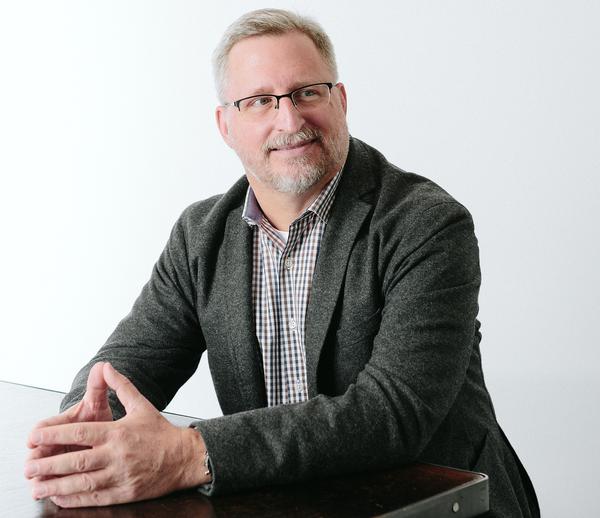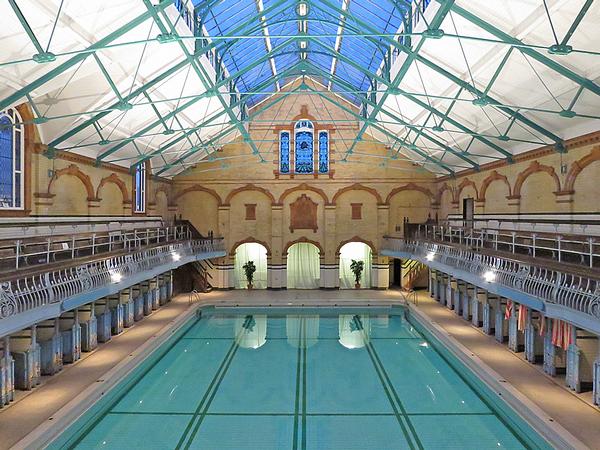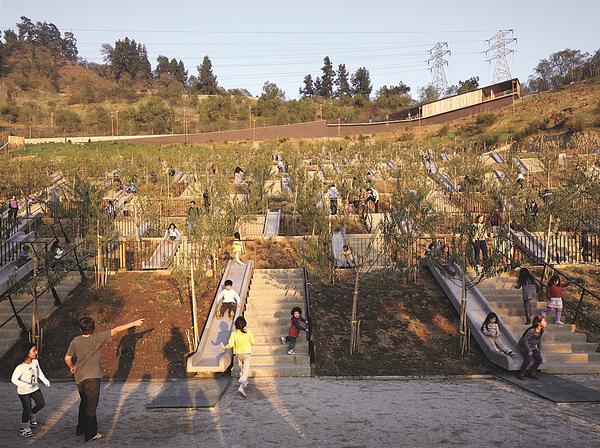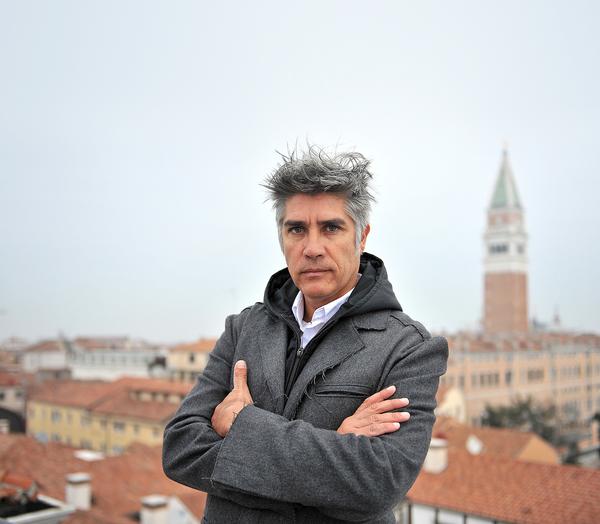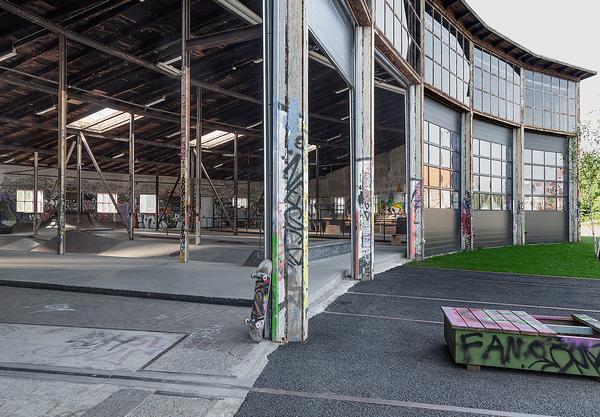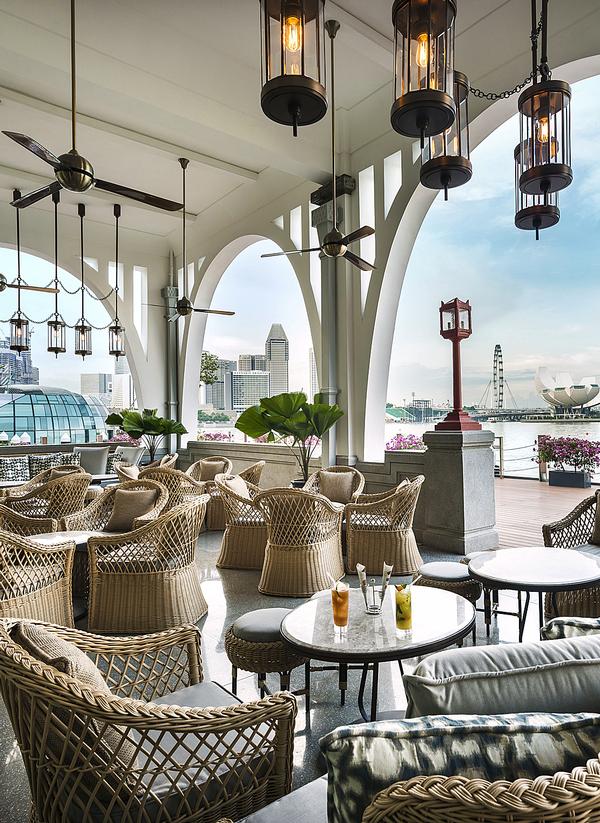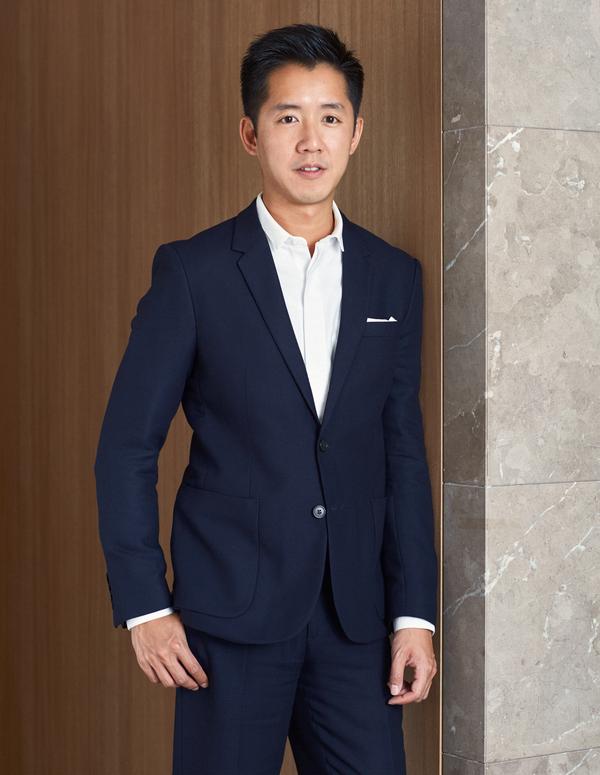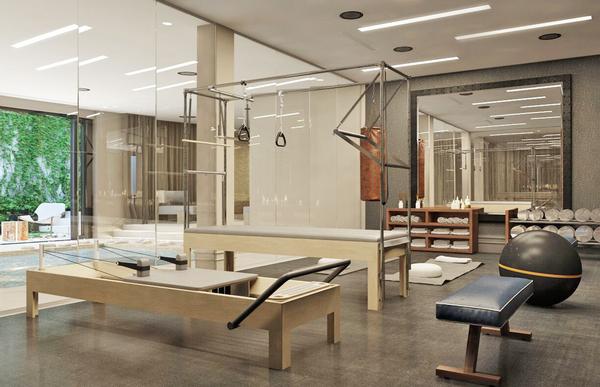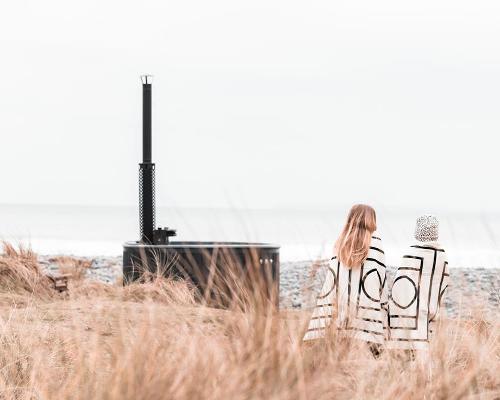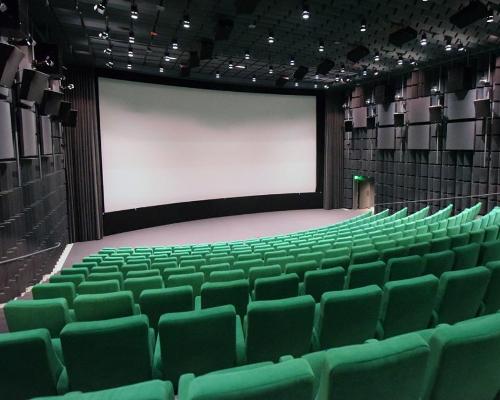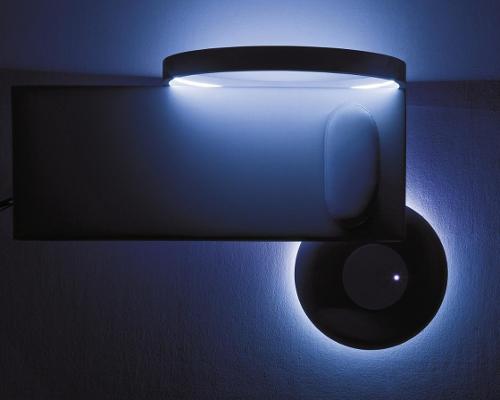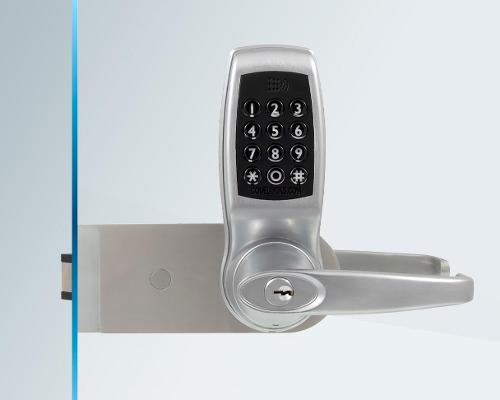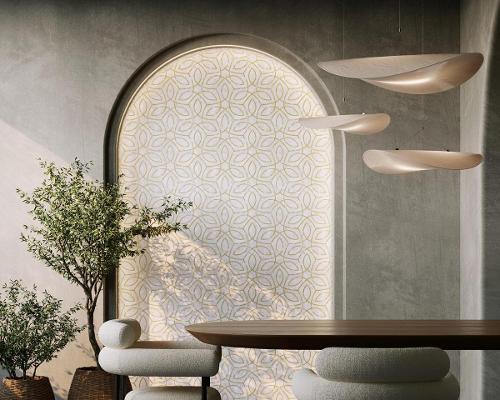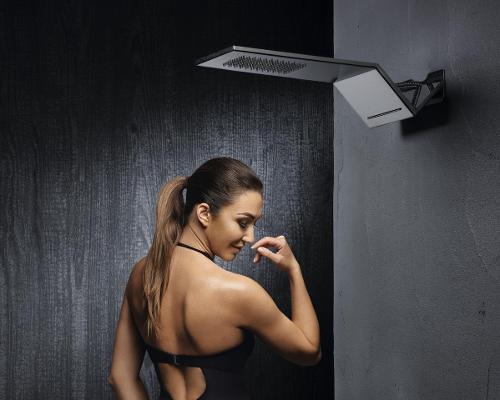‘We’re interested in being subversive’ Lyndon Neri tells CLAD
Acclaimed interior designer Lyndon Neri has told CLAD that our notions of personal space should be challenged, and urged designers to celebrate the idea of community.
“Sometimes our celebration of isolation makes us insular and I think that’s dangerous,” he said in an exclusive interview.
“We’re trained to think that we need to be separate. When we come home from work, we close our front door, we make sure we have our privacy. We have a garden so that we can separate ourselves from our neighbours, and the length of our garden tells people how rich we are.
“[But] I think we need to feel part of a community. Why is the community of the internet so important? Because we have a need to be connected to other people.”
The designer – a founding partner of husband-and-wife studio Neri and Hu alongside Rossana Hu – also discussed the duo's upcoming projects, the Chinese design scene and why they want to challenge the status quo.
The full feature appears below. The interview appears in the new issue of CLADmag – our quarterly magazine – which is available to read now both online and on digital turning pages.
How would you sum up Neri & Hu’s philosophy?
We’re interested in being subversive and always questioning things. We deal with the notion of blurring the public and the private, the old and new. We’re constantly challenging the refined and the rough. People need these contrasts to understand and appreciate differences in society.
What are your thoughts on hotel design?
The problem with hotels today is that guests just go into their rooms and close the door behind them. They ask if the light is okay, if the stationary is nice. They crave comfort; there’s no sense of questioning what’s there. It’s all about providing luxury in a decorative way – better wall coverings, a beautiful chair. Those are good, but they’re not enough.
We like to question what’s taken for granted. I often wonder whether the privacy of the hotel bedroom should be truly respected, for example. Could the room be open, so that natural light can filter down from above and guests don’t always have to turn on the light in their rooms?
Hoteliers will tell you that hotel bedrooms need to be totally blacked out. In the old days, people were very happy in their homes because their rooms weren’t blacked out and they learned to live with the land; when morning came, they woke up. Nowadays, with blackout curtains, we sometimes don’t wake up until 11am, then at night we can’t sleep so we take sleeping pills. We are becoming abnormal beings.
I also think that maybe our notion of personal space should be challenged. We’re trained to think that we need to be separate. When we come home from work, we close our front door, we make sure we have our privacy. We have a garden so that we can separate ourselves from our neighbours, and the length of our garden tells people how rich we are.
I think we need to feel part of a community. Why is the community of the internet so important? Because we have a need to be connected to other people. Sometimes this celebration of isolation makes us insular and I think that’s dangerous.
A few years back, you said that Chinese architects were a bit lost because of the pace of change in the country. How are things now?
It’s better, because things have slowed down. When I made that comment five or six years ago, everyone and their grandmothers were winning projects. You could come to China without architectural experience and get buildings built. It was scary. People are being a lot more careful about who they hire now.
How would you sum up the architectural scene in China right now?
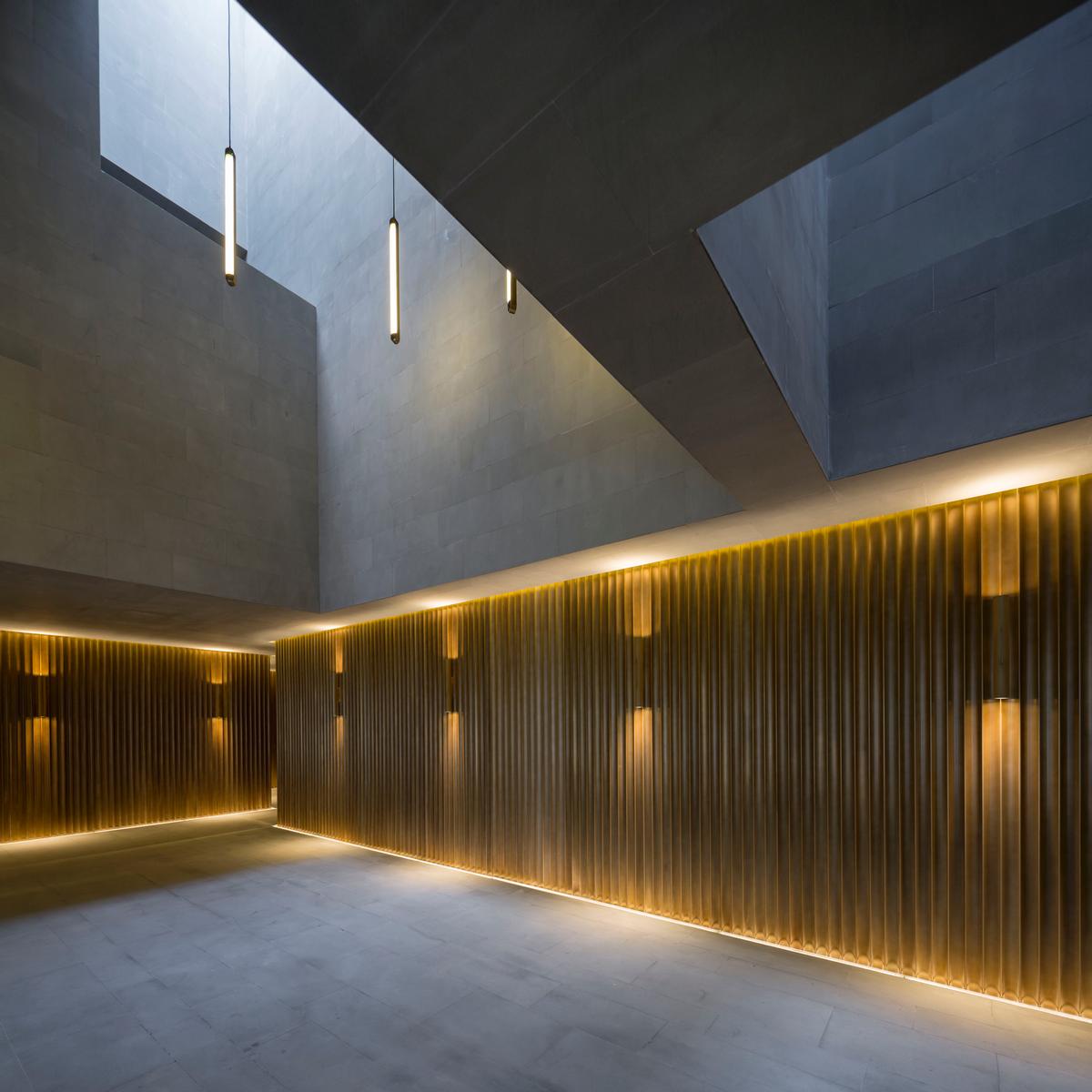
There is a growing seriousness. Younger generations are leaving the country earlier and earlier – before they used to go to graduate school abroad, but now they’re going to colleges in the US to study architecture. A lot of parents are even sending their children to prep school abroad because they understand that in order for China to be a significant player they have to be engaged with the world and learn the language and culture.
Simplicity is no longer seen as a bad thing in China. Preserving the old and trying to understand context are no longer seen as negative. It’s not just about building bigger, shinier, better buildings. Another change is that people aren’t just interested in the city now; a lot of people are going back to the provinces and the villages.
The Le Meridien hotel in Zhengzhou was a major project for you. How did that come about?
When we were approached by Le Meridien to do that project, we were asked to do the interiors for a building that was, in my opinion, commercial looking and hideous. I respectfully said, ‘if you want us to do that, we’re not the architects for you’.
The client was shocked, because he wanted us. He said, ‘I’ve already poured the foundation, what can I do?’ I said, ‘fine, we won’t change the structural formation or the floor area ratio, but allow us to change the way it is seen. The building was so nondescript, it could have been anywhere in the world. We wanted to design something modern but contextual.
Our idea was to design something around the concept of an archive of the history of the area. We were inspired by the idea of the mountains and the cave people of Zhenzhou.
The design of the building features a series of glass boxes; the idea is that they are archival boxes that contain the history of the area. The atrium was inspired by the historic Longmen Caves nearby. We wanted to reflect that history, and that’s how the large, cave-like atrium came about.
On the ground, we created a whole new landscape. It’s like a bamboo field; a forest of bronze columns.
Can you tell us about the hotels you are designing for Ian Schrager?
We’re working on three projects for Ian Schrager in China – Edition hotels in Shanghai, Wuhan and Xiamen. The Shanghai project is the one that’s really going forwards at the moment.
The hotel will celebrate the 1920s Art Deco history of Shanghai. It’s in a historic property of that period; Ian Schrager really wants to refurbish that building and make sure that the decadence and the play of material in its richness will be glorified. The five-storey building has a tower, which will house the rooms, with all of the F&B in the main building.
What else are you working on?
We’re doing a Louis Vuitton hotel in Miami’s Design District. It’s an interesting project because it celebrates the home and questions the notion of domesticity. Each of the hotel’s bedrooms is like a little house inserted into the concrete shell of the building. This project will take around two years.
We’re designing a beautiful 19 room resort in the mountains of Moganshan, which is about an hour and half from Shanghai. We’re also designing a six room villa resort in the mountains of Wenzhou, between Shanghai and Taiwan. We’re building all of the architecture and space out of the local river rocks.
We’re working with Alila on the brand’s first city hotel, in Malaysia – we’ve taken up the top seven floors of a residential tower – and we’re also designing a new hotel in Shanghai for Thai brand Sukhothai. The brand is all about hospitality, tranquility, the idea of using artisanal products, of crafting.
In Thailand you have the tropical weather, you have lots of space around you, so landscape is integral.
In Shanghai, there’s hardly any landscape anywhere and so our biggest challenge was how to make the interiors of the hotel respect the small amounts of landscape you can see in the urban jungle that is Shanghai.
We achieved that through exquisite detailing. We put mirrors in the bedroom so that when you’re in bed the plants outside are reflected into the room. We created the bathrooms so they feel more like a primitive hut than a hotel bathroom; as though you have to first go outside to get to it.
What will the next 10 years bring for Neri & Hu?
We’ve been concentrating on designing buildings in the city for a long time, but now people are approaching us to do projects outside of the city. We’re exhilarated by this. We currently have five or six projects in the villages or in the mountains.
We’ve also gone international. A lot of people are approaching us to do projects in Europe, and we now have a London office.
We’re very excited and positive about the future.
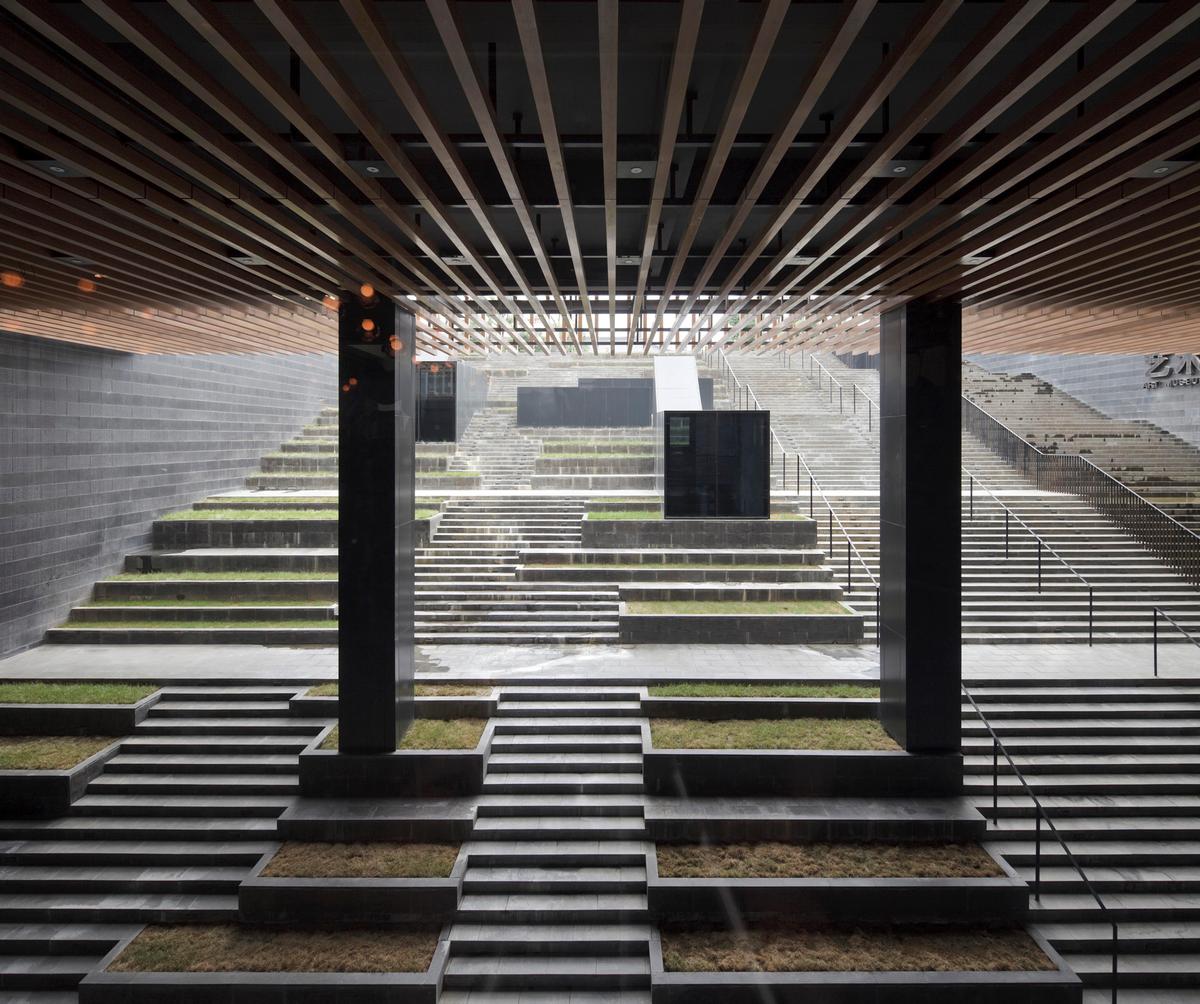
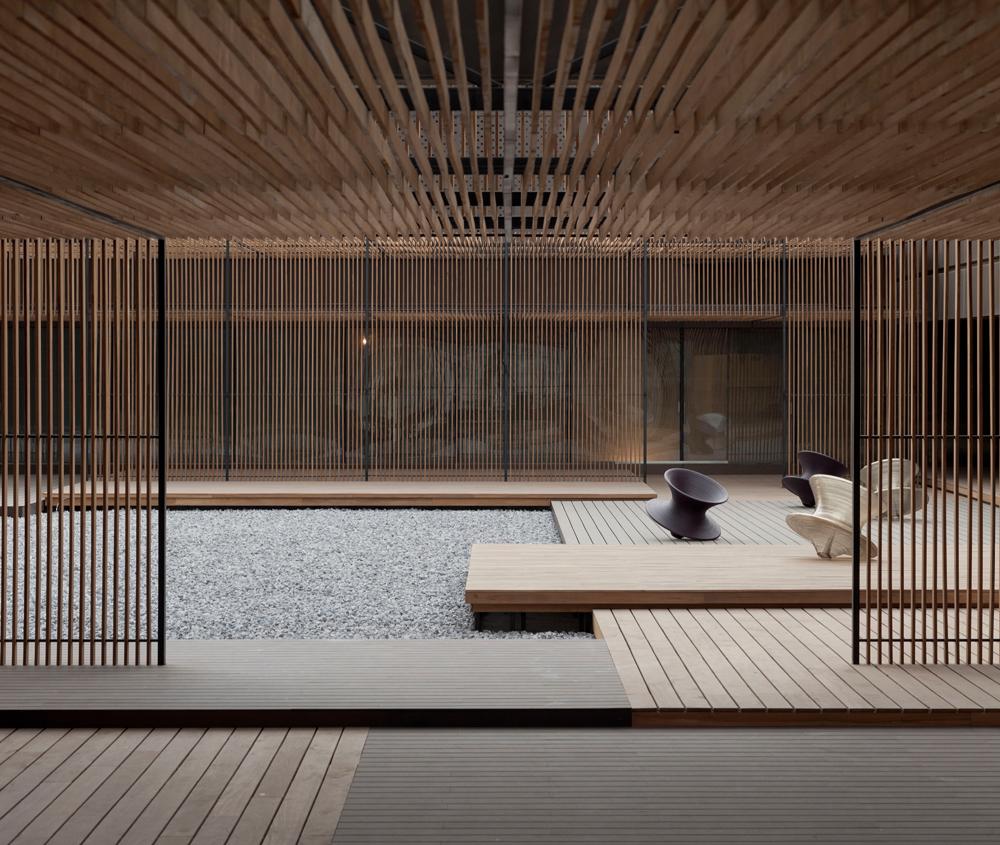
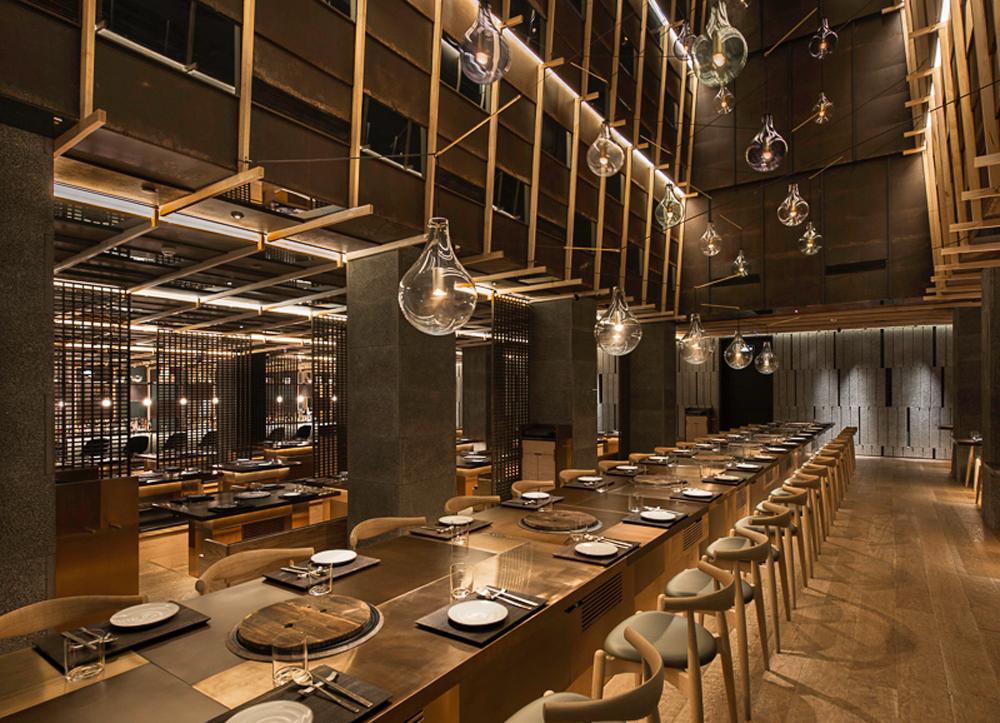
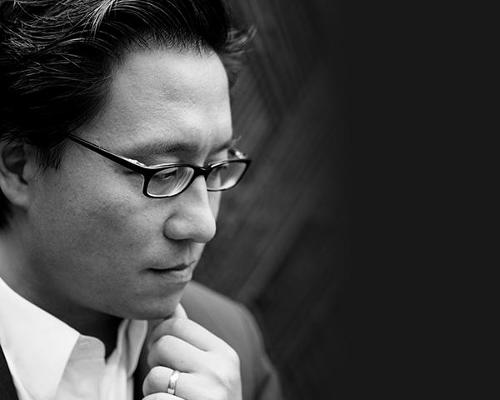

Europe's premier Evian Spa unveiled at Hôtel Royal in France
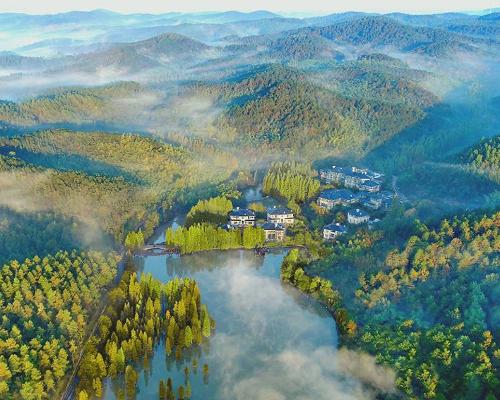
Clinique La Prairie unveils health resort in China after two-year project
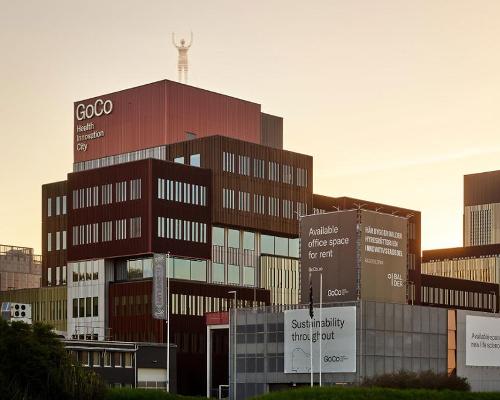
GoCo Health Innovation City in Sweden plans to lead the world in delivering wellness and new science
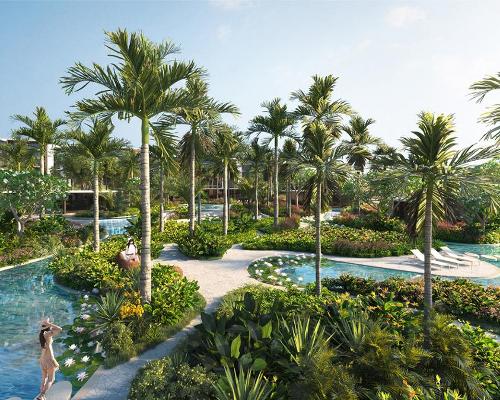
Four Seasons announces luxury wellness resort and residences at Amaala
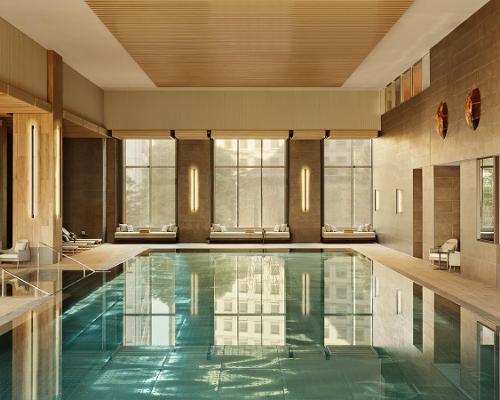
Aman sister brand Janu debuts in Tokyo with four-floor urban wellness retreat
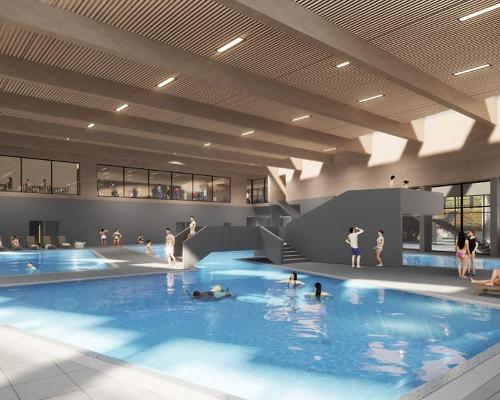
€38m geothermal spa and leisure centre to revitalise Croatian city of Bjelovar
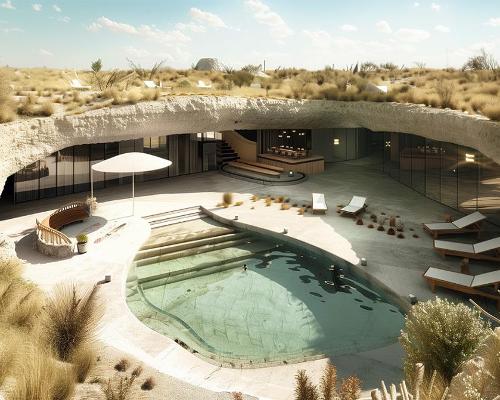
Two Santani eco-friendly wellness resorts coming to Oman, partnered with Omran Group
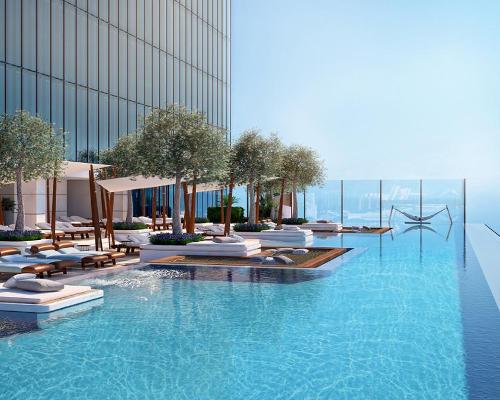
Kerzner shows confidence in its Siro wellness hotel concept, revealing plans to open 100

Ritz-Carlton, Portland unveils skyline spa inspired by unfolding petals of a rose
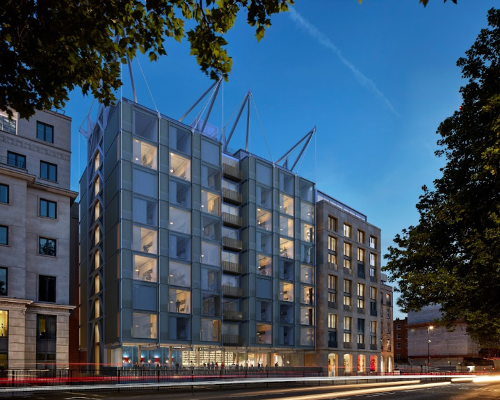
Rogers Stirk Harbour & Partners are just one of the names behind The Emory hotel London and Surrenne private members club

Peninsula Hot Springs unveils AUS$11.7m sister site in Australian outback
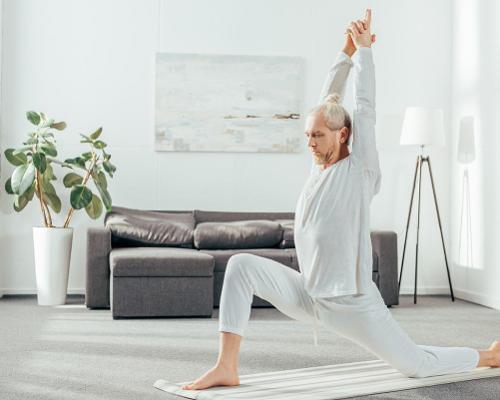
IWBI creates WELL for residential programme to inspire healthy living environments
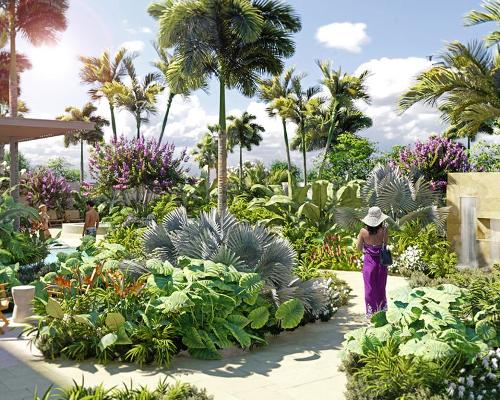
Conrad Orlando unveils water-inspired spa oasis amid billion-dollar Evermore Resort complex
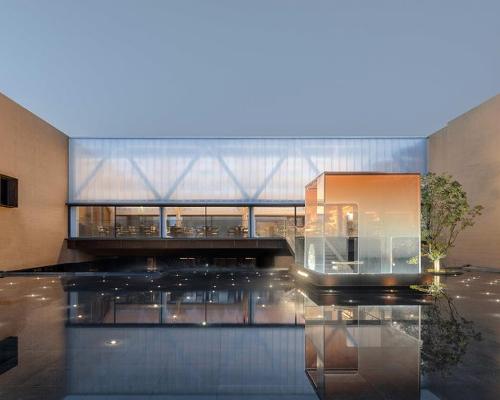
Studio A+ realises striking urban hot springs retreat in China's Shanxi Province
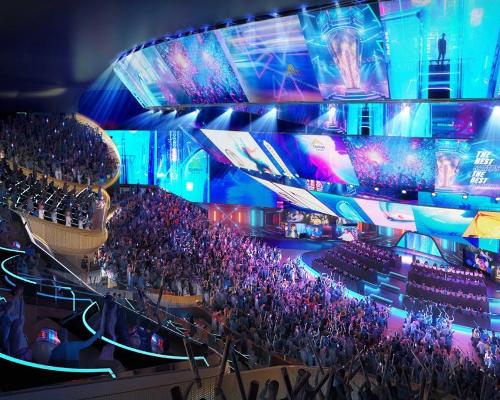
Populous reveals plans for major e-sports arena in Saudi Arabia

Wake The Tiger launches new 1,000sq m expansion
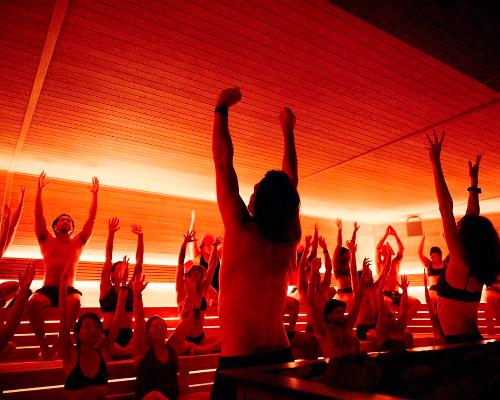
Othership CEO envisions its urban bathhouses in every city in North America

Merlin teams up with Hasbro and Lego to create Peppa Pig experiences
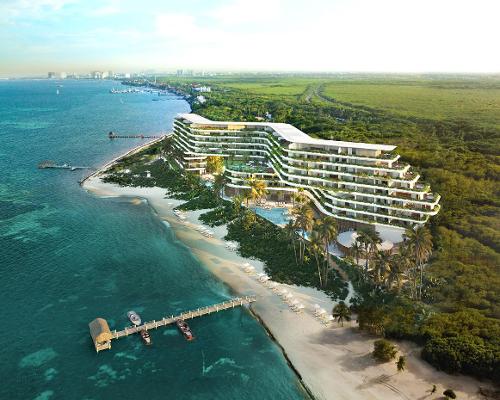
SHA Wellness unveils highly-anticipated Mexico outpost
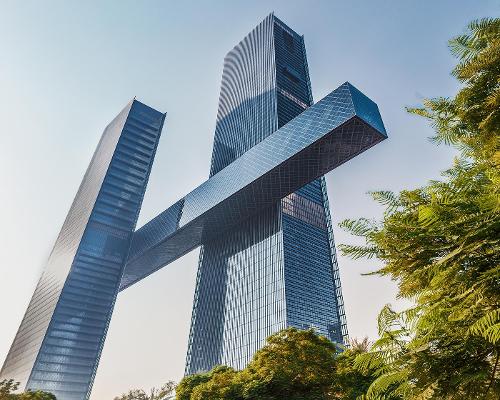
One&Only One Za’abeel opens in Dubai featuring striking design by Nikken Sekkei
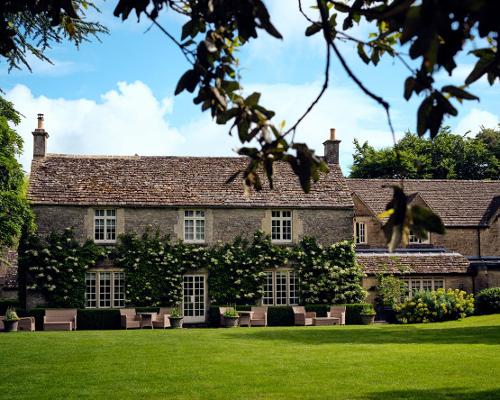
Luxury spa hotel, Calcot Manor, creates new Grain Store health club
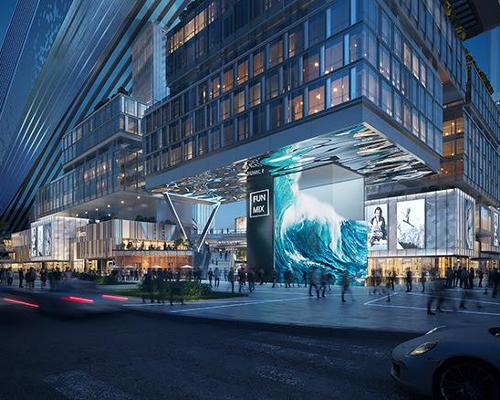
'World's largest' indoor ski centre by 10 Design slated to open in 2025
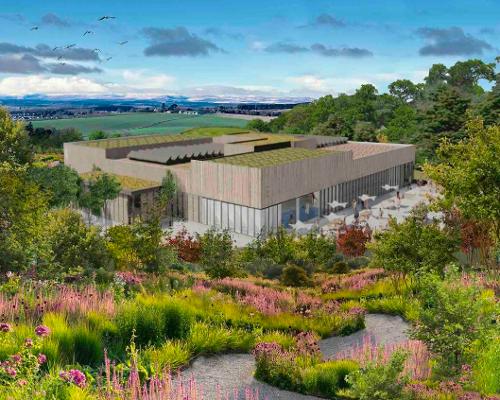
Murrayshall Country Estate awarded planning permission for multi-million-pound spa and leisure centre
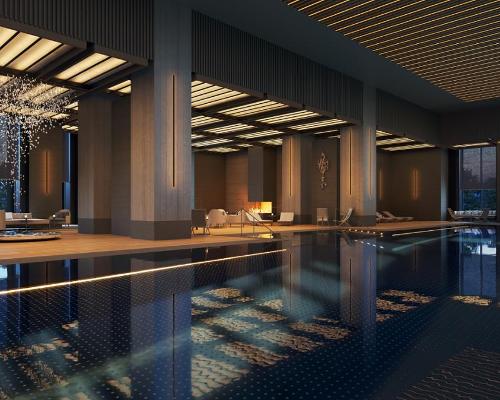
Aman's Janu hotel by Pelli Clarke & Partners will have 4,000sq m of wellness space
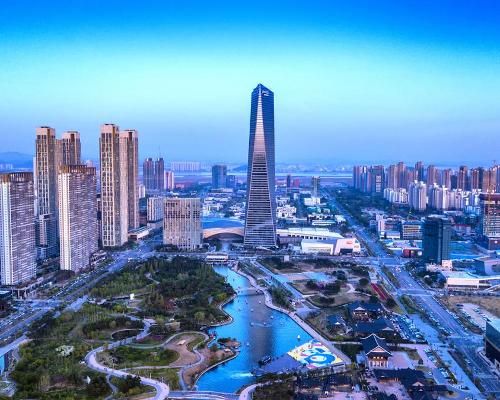
Therme Group confirms Incheon Golden Harbor location for South Korean wellbeing resort

Universal Studios eyes the UK for first European resort
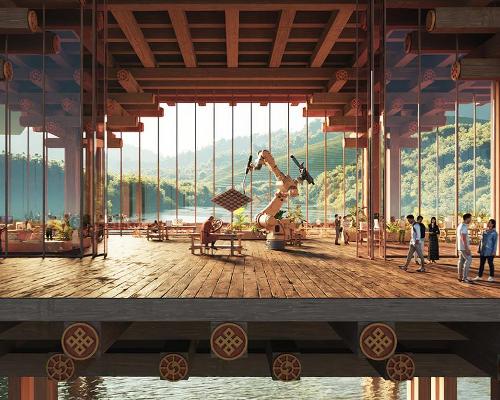
King of Bhutan unveils masterplan for Mindfulness City, designed by BIG, Arup and Cistri

Rural locations are the next frontier for expansion for the health club sector
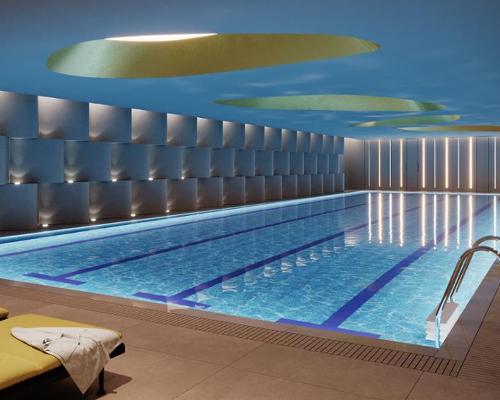
Tonik Associates designs new suburban model for high-end Third Space health and wellness club
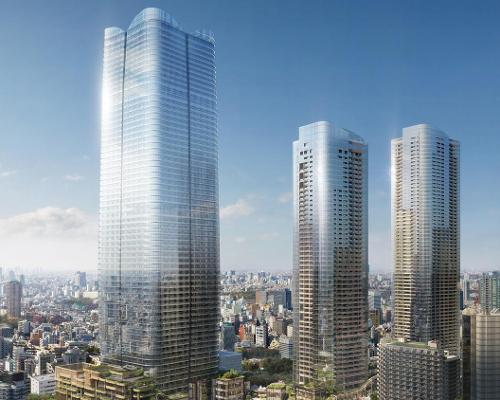
Aman sister brand Janu launching in Tokyo in 2024 with design by Denniston's Jean-Michel Gathy
Across Denmark, a charity is turning industrial buildings into centres for street sport and art. As the concept prepares to go global, we speak to the people making it happen




